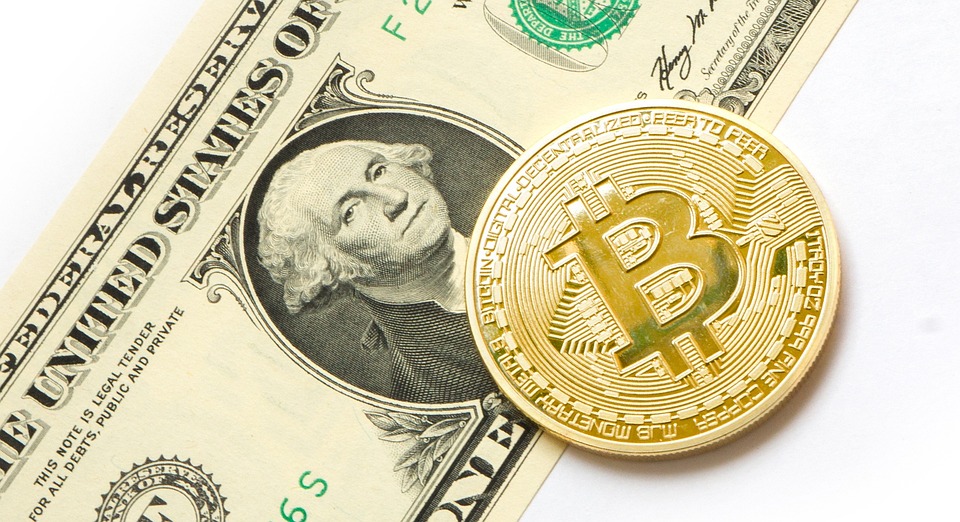[ad_1]
Title: Blockchain Technology’s Applications Beyond Cryptocurrency
In recent years, blockchain technology has gained immense attention and hype, primarily due to its association with cryptocurrencies like Bitcoin. However, blockchain technology is far more versatile and has a wide range of applications that extend beyond digital currencies. This article will delve into some of the most exciting and promising applications of blockchain technology beyond cryptocurrency.
1. Supply Chain Management
One of the most significant benefits of blockchain technology is its ability to improve supply chain management. By utilizing a blockchain-based system, businesses can track goods from raw materials to the end-user, ensuring transparency and authenticity throughout the entire process. This not only increases efficiency but also helps to combat counterfeiting, food tampering, and other fraudulent activities.
2. Identity Verification
Blockchain technology can also be used to create secure digital identities, providing individuals with complete control over their personal information. This system allows users to manage and update their information in a secure and transparent manner, while also providing organizations with a decentralized and immutable identity verification system.
3. Smart Contracts
Smart contracts are self-executing contracts with the terms of the agreement written directly into code. By using blockchain technology, these contracts can be stored and executed automatically, without the need for intermediaries. This can greatly simplify complex transactions, reduce costs, and increase trust among parties involved.
4. Healthcare and Medical Research
Blockchain technology can revolutionize the healthcare industry by creating a secure and transparent system for medical records. By using a blockchain-based platform, healthcare providers can share medical records and access medical information quickly and securely. This can improve patient care, reduce administrative burdens, and help medical researchers uncover new treatments.
5. Secure Voting Systems
Blockchain technology can be used to create secure and transparent voting systems. By using a decentralized ledger, voting data can be recorded and verified securely, reducing the risk of tampering and increasing public trust.
6. Property Registration
In many developing countries, property ownership is a major challenge. By using blockchain technology, property owners can register and track ownership, transfer titles, and manage land rights more securely and efficiently. This can greatly improve land security and reduce the risk of land conflicts.
7. Digital Asset Management
Blockchain technology can also be used to create digital asset management platforms, enabling creators to control and track the distribution and ownership of their digital content, such as music, art, and video games. This can provide artists and creators with more control and monetization options for their work.
8. Internet of Things (IoT) Security
The rapid growth of IoT devices has led to new concerns about device security and data protection. By using blockchain technology, IoT devices can be securely connected, allowing data to be stored and shared in a secure and transparent manner.
9. Digital Diplomacy
Blockchain technology can be used to facilitate secure communication and transactions between government agencies and organizations, enhancing diplomacy and cooperation on a global scale.
10. Climate Change Tracking
Blockchain technology can be used to track carbon emissions and verify sustainable practices in supply chains. By using a blockchain-based system, organizations can create transparent and verifiable records of their environmental impact, allowing them to demonstrate their commitment to sustainability and improve environmental reporting.
Conclusion:
Blockchain technology is no longer just a tool for cryptocurrencies; its applications extend far beyond the world of digital currencies. By harnessing the power of blockchain, we can create more transparent, secure, and efficient systems that can improve countless industries and aspects of our lives. Whether it’s supply chain management, identity verification, or digital diplomacy, the potential for blockchain technology to make a significant impact is vast. As we continue to explore and develop the applications of blockchain, we can create a brighter and more connected future.
[ad_2]

